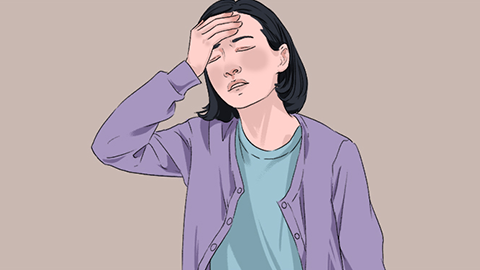Low fever before menstruation usually lasts for how many days?
Prior to menstruation, low-grade fever typically lasts for 1–3 days, though in some individuals it may extend up to 5 days. The exact duration varies depending on individual physical condition and hormonal fluctuations. If the fever persists beyond one week, further evaluation is recommended. Detailed analysis is as follows:

Before menstruation, significant changes in estrogen and progesterone levels can affect the body's temperature regulation center, causing a rise in basal body temperature of 0.3–0.5°C, resulting in a state of low-grade fever. This type of fever is often accompanied by premenstrual syndrome symptoms such as breast tenderness and fatigue. As menstruation begins or hormone levels stabilize, body temperature gradually returns to normal, which is considered a normal physiological fluctuation.
If the low-grade fever lasts unusually long or is accompanied by symptoms such as cough, sore throat, or abdominal pain, it may not be related to normal premenstrual physiology but could instead indicate conditions such as colds or pelvic inflammatory disease. Additionally, prolonged mental stress and excessive pressure can disrupt endocrine function, exacerbate temperature fluctuations, and prolong the duration of low-grade fever. It is important to differentiate between physiological and pathological causes.
No blind medication is necessary during premenstrual low-grade fever. Drinking plenty of warm water and maintaining a light diet can help relieve discomfort. Keeping a regular sleep schedule, avoiding late nights and overexertion, and reducing psychological stress are also recommended.




